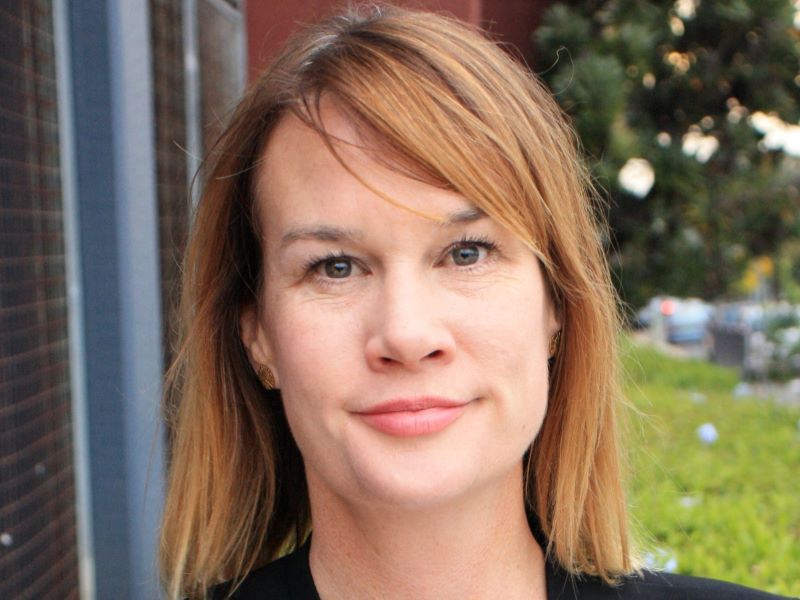The union representing university researchers has lashed the federal government’s proposal to establish new commercialisation programs for a small group of universities, saying it lacks detail and will create a “different class of researchers”.
Groups representing the universities have cautiously welcomed the announcement but also want to see more detail on the plan, first revealed last night through the Prime Minister’s speech to the business council and not confirmed to be new funding.
Under the new “Trailblazer Universities” initiative, universities will need to compete for up to $50 million each in funding each over four years.
The money will go to up to four universities, including at least one in regional Australia, and need to be spent on research commercialisation in areas of national priority. Universities will need to partner with a private company and both parties will need to match the government funding.

CSIRO has also been allocated $30 million under the program to provide specialist equipment and facilities to the universities, which are expected to eventually also partner with the science agency.
The IP sharing will need to occur through the government’s new sector wide standardised commercialisation agreements, revealed in September and causing some concern among scientists and researchers.
The research commercialisation work will need to be within one of the government’s areas of priority identified in the Modern Manufacturing Strategy – including defence; space; resources technology and critical minerals processing; recycling and clean energy; food and beverage; and medical products.
Universities have less than two months to prepare and submit an expression of interest, with a shortlist of around ten applicants invited to provide a business case by mid-March.
The Education Minister Alan Tudge will determine the successful universities, with the announcement lining up with an expected election around May next year, and funding flowing from July.
Mr Morrison said the program is the first in a series of reforms to incentivise more commercialisation of Australian research, and follows a year long $6 million scoping study on the issue.
“We need our universities to play a bigger role in our economy, working hand in glove with Australian businesses to develop the next generation of great Australian products and companies,” the Prime Minister said on Wednesday.
“They are a giant economic asset for this country, which generations of Australians have invested billions in, and I want to see that put to work to realise this next stage of our economic recovery.”
The National Tertiary Education Union (NTEU) has raised concerns with the announcement, including the restriction to four universities and where the scheme’s $242 million funding will come from.
“This is another sad example of government by media release that does a disservice to the public policy debate,” NTEU national president Dr Alison Barnes told InnovationAus.
“There’s no detail on whether this is new money or if it will just attach strings and add red tape to the existing research budget.”
Universities are estimated to have lost up to 35,000 staff during the pandemic after government decisions to effectively exclude them from the jobkeeper scheme.
Dr Barnes said the new commercialisation program’s restriction to four universities working in government determined areas of priority would create a different “class” of researcher.
“The Federal Government’s proposal will only create a different class of researchers which will drive insecure employment for those who don’t meet businesses’ criteria but perform just as vital work,” she said.
“The NTEU always welcomes an injection of funding but Scott Morrison cannot now pretend to care about the sector when he let 35,000 workers at public universities lose their jobs over the past 12 months.”
The peak body for universities welcomed the announcement but also flagged a lack of detail.
“Australian universities have a strong record of collaboration with industry partners, and the benefits this brings to the economy. We know that for every dollar invested in research, $5 is returned to the economy,” Universities Australia chief executive Catriona Jackson said.
“Now more than ever, investing in university research will ensure that the best and brightest can play their role in our nation’s recovery from the pandemic.”
Ms Jackson said universities had been working closely with the government on commercialisation reforms but more details would be welcome.
“We look forward to seeing further details of this initiative, as well as the Government’s full research commercialisation plan.”
The Business Council of Australia backed the Trailblazer plan, saying it gave industry more confidence and Australia an edge.
“This will help give us an edge in the global battle to turn our ideas into new industries, new jobs and new opportunities. Our businesses are world beaters and our universities are world class, better collaboration is a no brainer,” Business Council chief executive Jennifer Westacott said.
“As we emerge from the pandemic, rekindling our spirit of ingenuity and invention has never been more important to secure our future and drive a more advanced, ambitious and modern economy.
“The four Trailblazers will set a new high standard for Australian universities and will draw in vital investment, energy and expertise from industry in Australia and around the world.
Do you know more? Contact James Riley via Email.

